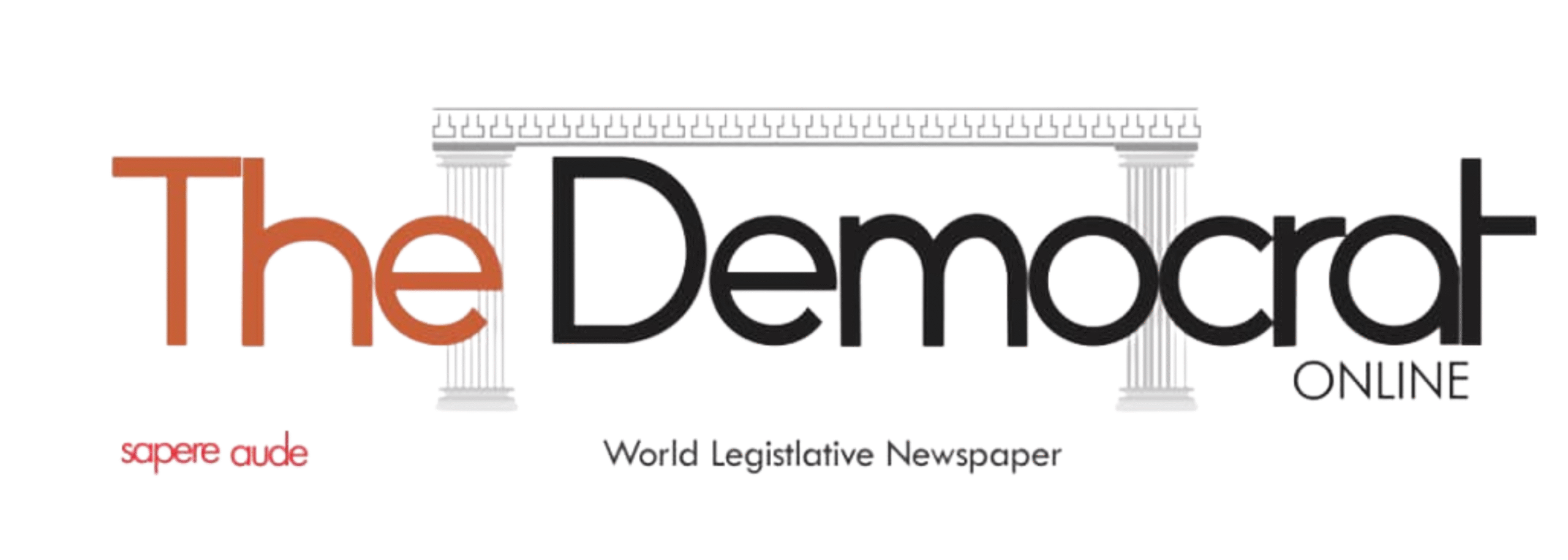
The U.S. and Ukraine have signed an agreement granting the U.S. priority access to invest in Ukraine’s natural resources, including aluminum, graphite, oil, and natural gas. The deal aims to reassure Kyiv of continued U.S. support amid concerns over President Trump’s stance in peace talks with Russia. It is seen as key to securing Trump’s backing for ending the war and signals a long-term U.S. commitment to Ukraine’s sovereignty and prosperity. Treasury Secretary Scott Bessent emphasized that those who supported Russia’s war effort will be excluded from Ukraine’s reconstruction.
Ukrainian Economy Minister Yulia Svyrydenko announced that Ukraine and the U.S. are establishing a fund to attract global investment into Ukraine. At a recent town hall, President Trump revealed he encouraged Ukrainian President Zelenskiy to support the deal during their meeting at Pope Francis’s funeral. The agreement was signed on Wednesday after weeks of tense negotiations that nearly caused a diplomatic rift. An earlier attempt to sign the deal in February failed after a public confrontation between Zelenskiy, Trump, and Vice President JD Vance in the Oval Office.The deal was finalized as Trump marked 100 days in office, facing pressure to show progress amid declining approval ratings and stalled efforts on Ukraine and Gaza.
While Trump has called it a “rare earths” deal, Ukraine lacks significant rare-earth reserves. However, it does produce coal, iron ore, uranium, titanium, and magnesium—sectors that could benefit U.S. investors.The U.S.-Ukraine deal grants the U.S. first claim on profits from a jointly managed reconstruction fund, partially aimed at offsetting future U.S. military aid. The fund will be financed by half the revenues from new critical materials, oil, and gas projects. The agreement respects Ukraine’s EU aspirations, a key concern during negotiations. However, it includes no direct U.S. security guarantees, and questions remain about future military support. Ukrainian Economy Minister Svyrydenko said the deal reaffirms U.S. commitment to Ukraine’s security and recovery.
Congress is unlikely to approve new funds for Ukraine, but continued U.S. intelligence sharing remains vital, according to Charles Lichfield of the Atlantic Council. Intelligence was briefly cut in February when a resources deal fell through. Ukraine’s Prime Minister Shmyhal said the U.S. dropped demands for repayment of past aid, a win for Kyiv after Trump initially sought $500 billion in rare earths.Attention now turns to peace talks, as Trump’s envoy Steve Witkoff met with Putin in Moscow but failed to secure a ceasefire. Russia launched drone attacks across six Ukrainian regions, killing three and injuring 15 in Odesa.
Trump is reportedly frustrated by the lack of progress, despite his pledge to end the war on day one, and has threatened to withdraw if talks stall. The new resources deal may have helped restore his support for Zelenskiy, at least temporarily.At a White House cabinet meeting, Trump stated that the deal ensures U.S. investments are secure and allows for operations to begin, with an American presence helping deter bad actors. U.S. and Ukrainian officials signed a memorandum of intent in April and continued negotiating technical details before Zelenskiy’s one-on-one meeting with Trump at the Vatican.




